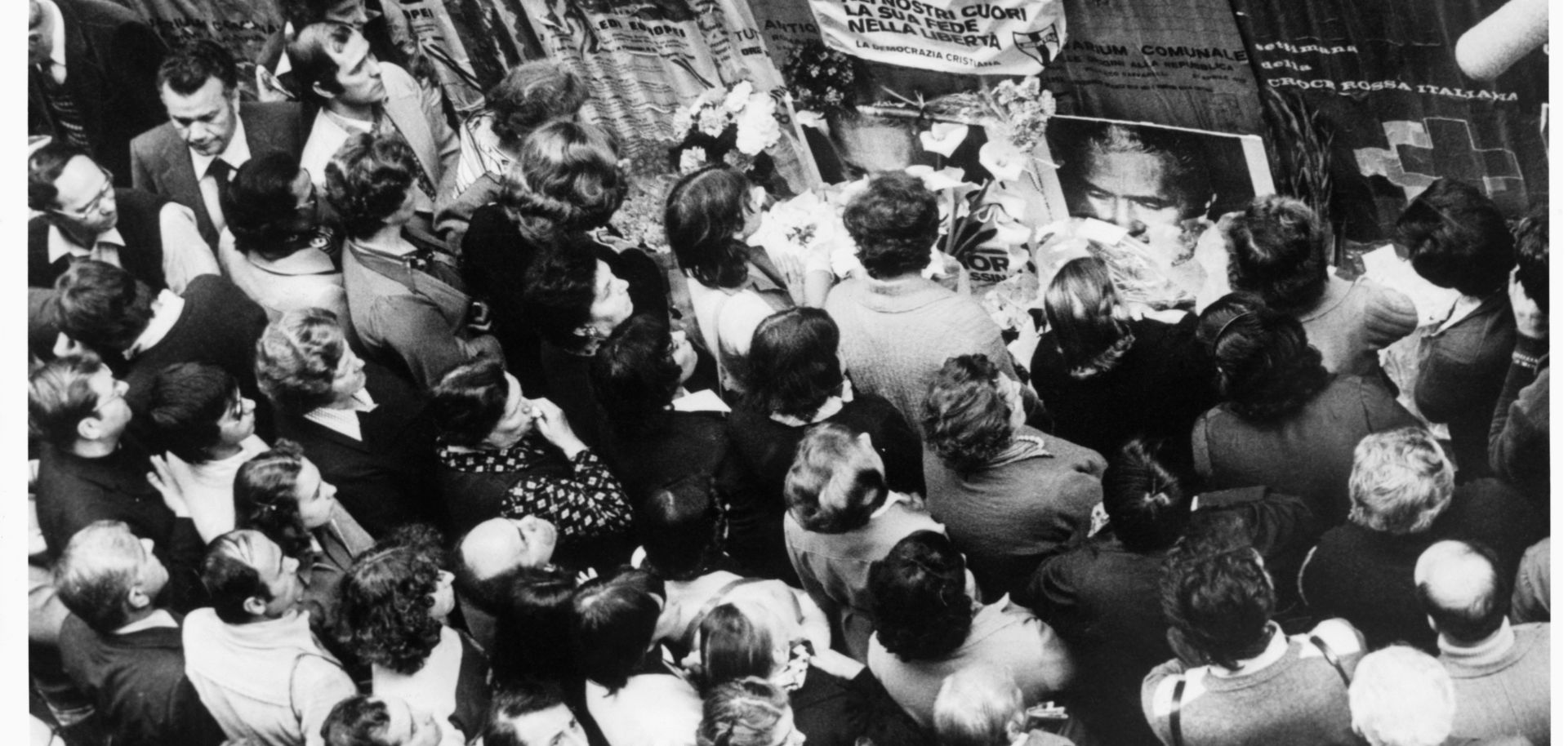
The political transformations following World War I, including the rise of communism in Russia and fascist dictatorships in Germany and Italy, introduced new militant dynamics to Europe, as did the violence and devastation of World War II. Throughout the Cold War, state-sponsored terrorism was a Marxist-Leninist/Maoist phenomenon that spanned the globe. In Europe, the Soviets and their allies trained and equipped left-wing terrorist groups such as the Red Brigades in Italy, the Irish Republican Army and the Red Army Faction in Germany to carry out bombings, kidnappings and targeted assassinations to undermine their opponents in the West.
Formed in the 1970s and based in Italy, the Red Brigades was a militant organization based on Marxist-Leninist ideology that sought to destabilize Italy through armed struggle and remove the country from NATO. Emerging from the rank and file of the 1960s worker and student protest movements at a time when Italy was becoming more urbanized, the group sought support from local trade unions in their fight against the political elite. At its pinnacle, the Red Brigades group was responsible for a considerable amount of violence, including assassinations and robberies. Initially, the Red Brigades organization was active throughout Italy, though its activities were concentrated around Reggio Emilia and in large factory districts in northern Milan and Turin. In the late 1970s, the group expanded into Rome, Genoa and Venice while increasing its membership and operations.
In 1981, the Red Brigades split into two factions, the Communist Combatant Party and the Union of Combatant Communists. The tempo of the factions' operations continued throughout the decade. In the early 1990s, after the fall of the Soviet Union and the reduction of support for left-wing causes, Italian police intensified security operations against the group. A large corruption scandal had brought down Italy's postwar political system, and with its collapse emerged centrist political outsider and media magnate Silvio Berlusconi. This, along with political changes taking place elsewhere in Europe, eliminated whatever ideological or social support remained for the Red Brigades. Remnants of the Red Brigades may still be present in Italy, but any activities they carry out will likely be of a criminal nature and not part of a meaningful militant campaign.



